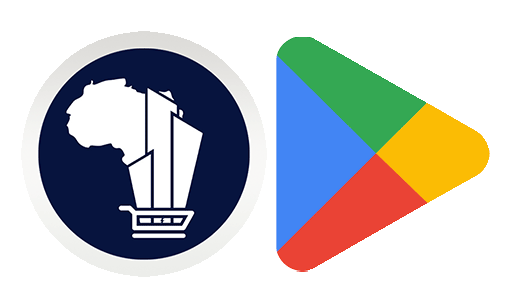Bridging the Digital Divide: Expanding Access to Smart Healthcare Technologies
Smart Healthcare Access
In today’s interconnected world, access to technology has become an essential aspect of daily life. However, a significant digital divide persists, particularly in developing countries like Nigeria.
This digital divide has profound implications for healthcare, limiting access to essential services and exacerbating health inequalities.
Understanding the Digital Divide in Healthcare
The digital divide refers to the gap between those who have access to digital technology and those who do not. In the context of healthcare, this means that individuals in rural or underserved areas may lack access to computers, smartphones, or reliable internet connectivity.
This can hinder their ability to access essential healthcare services, such as telemedicine consultations, online health information, and medication reminders.
Strategies for Bridging the Digital Divide
Addressing the digital divide requires a multifaceted approach involving government initiatives, public-private partnerships, and community engagement. Here are some key strategies:
- Government Initiatives: Governments can play a crucial role in promoting digital inclusion by investing in infrastructure development, providing subsidies for digital devices, and implementing digital literacy programs.
- Public-Private Partnerships: Collaborations between government agencies, healthcare providers, and technology companies can help develop affordable and accessible digital health solutions.
- Affordable Technology: Ensuring that technology is affordable and accessible to all is essential. This may involve providing subsidies, financing options, or developing low-cost devices.
- User-Friendly Technology: Digital health solutions should be designed to be user-friendly, even for those with limited technical skills.
- Community Engagement: Engaging with communities to raise awareness about the benefits of digital health and addressing concerns about privacy and security is crucial.
Case Studies and Examples
Successful initiatives to bridge the digital divide in healthcare include the implementation of electronic medical records (EMRs) and telemedicine services. For example, the NDHI has enhanced healthcare access by enabling data exchange systems for medical facilities.
These initiatives have improved access to care and patient outcomes, demonstrating the potential of digital health solutions. Key lessons learned include the importance of stakeholder engagement and continuous training.
The Future of Digital Health in Nigeria
Smart Healthcare Access
The future of digital health in Nigeria is promising. Emerging technologies such as artificial intelligence (AI) and the Internet of Things (IoT) have the potential to revolutionize healthcare delivery. By investing in research and development, Nigeria can position itself at the forefront of digital health innovation.
However, it is essential to ensure that the benefits of digital health are accessible to all, regardless of their socioeconomic status or location. Continued efforts to bridge the digital divide are crucial for achieving a more equitable and inclusive healthcare system.
Conclusion
Bridging the digital divide is essential for improving healthcare access and outcomes in Nigeria. By implementing effective strategies and investing in digital health solutions, we can create a more equitable and inclusive healthcare system for all.
We invite you to contribute to this effort and help create a healthier future for all Nigerians.
If you search and do not find what you are looking for in our online store, please contact our customer care via phone call, email, SMS, the support section on our website and app, or any of our social media handles. It is more than likely that what you are searching for is available in-store but is yet to be uploaded to our online platforms. We are here to help and ensure you find exactly what you need!
